June 29, 2016

Research in Mali to Illuminate Causes of Childhood Death
Kathleen Neuzil, MD, MPH, director of the Center for Vaccine Development (CVD) at the University of Maryland School of Medicine (UM SOM), and UM SOM Dean E. Albert Reece, MD, PhD, MBA, announced today that CVD has been awarded a large grant from the Bill & Melinda Gates Foundation for research that will help determine why so many children under five are dying in the world’s poorest countries. The grant will fund use of an innovative alternative to traditional autopsy known as minimally invasive tissue sampling. The technique, which involves the collection of tissue samples with fine needles, allows researchers to quickly identify the cause of death, and help illuminate ways to save lives and improve the health of children in these vulnerable areas.
The grant, awarded to CVD in May, will support work at CVD’s center in Bamako, Mali. It is one of the first three sites to be chosen, joining Soweto, South Africa and Manhiça, Mozambique.
This work is part of a larger effort led by Emory University and funded by the Bill & Melinda Gates Foundation to create a network of up to 25 disease surveillance sites known as the Child Health and Mortality Prevention Surveillance network (CHAMPS). The Gates Foundation has committed up to $75 million overall to establish the first six surveillance sites in south Asia and sub-Saharan Africa over the next three years. The program is a long-term project, and is expected to last for 20 years.
 The lead researchers on the grant are Karen Kotloff, MD, Professor of Pediatrics and Head of the Division of Infectious Disease and Tropical Pediatrics at the University of Maryland School of Medicine (UM SOM) and Samba Sow, MD, MS, Adjunct Professor of Medicine at UM SOM and Director General of CVD-Mali.
The lead researchers on the grant are Karen Kotloff, MD, Professor of Pediatrics and Head of the Division of Infectious Disease and Tropical Pediatrics at the University of Maryland School of Medicine (UM SOM) and Samba Sow, MD, MS, Adjunct Professor of Medicine at UM SOM and Director General of CVD-Mali.
“We are very excited to be part of this important project,” said Dr. Kotloff. “We think this can really help us understand the causes of child mortality. CVD-Mali has an outstanding track record conducting infectious disease research that directly benefits the health and well-being of Malian citizens. The tremendous support of the Malian government has made this possible. It is our hope that CHAMPS data will facilitate efforts to diminish the unacceptably high child mortality rates in Mali.”
The problem of child mortality is enormous. In 2015, nearly 6 million children died before reaching their fifth birthday—16,000 every day, most in the poorest countries of the world.
A key part of the CHAMPS project is the minimally invasive tissue sampling, which can serve as a substitute for autopsy. When a child dies in the developing world, performing a traditional autopsy is difficult. Often patients die far from a hospital, where there is a shortage of equipment and trained personnel. More importantly, in many cultures autopsies are not accepted, particularly for children, and parents and relatives are not comfortable having them done. Minimally invasive tissue sampling addresses these limitations and concerns. Such sampling is easier to perform, less expensive, and more acceptable culturally: fine needles are inserted into the body, retrieving small amounts of organ tissue, including lung, liver, heart and brain. This tissue is then examined to pinpoint potential causes of death. By establishing cause of death, researchers can better understand which knowledge gaps most need to be addressed, which interventions will save the most lives, and which diseases require a novel approach to prevention and cure.
Dr. Kotloff also said that training local medical personnel in Mali and elsewhere will build a medical research infrastructure able to support not only the goals of the CHAMPS study, but also the needs of local health agencies.
CVD-Mali was founded in 2001 as a partnership between the Ministry of Health of Mali and CVD. The mission of CVD-Mali is to prevent, control and treat endemic and epidemic infectious diseases in Mali, in particular those that are vaccine-preventable. CVD-Mali is dedicated to quantifying disease burden, testing the safety, immunogenicity and efficacy of relevant new vaccines and training Malian vaccinologists. CVD-Mali has a full range of laboratory, research and clinical trial capabilities.
CVD-Mali is part of the Malian Ministry of Health, and the data from CHAMPS will help the country, Dr. Sow said. “CHAMPS gives us an unprecedented opportunity to uncover information about life-threatening childhood illnesses that can lead to better recognition, prevention, and treatment,” he said.
“For the past 40 years, the Center for Vaccine Development has been working to save the lives of children around the world,” said UM SOM Dean E. Albert Reece, MD, PhD, MBA, who is also the vice president for Medical Affairs, University of Maryland, and the John Z. and Akiko K. Bowers Distinguished Professor. “This new grant allows them to continue to pursue this worthiest of efforts, in an innovative way.”
CHAMPS press release: http://champshealth.org/2016/06/10/community-engagement/
About the University of Maryland School of Medicine
The University of Maryland School of Medicine was chartered in 1807 and is the first public medical school in the United States and continues today as an innovative leader in accelerating innovation and discovery in medicine. The School of Medicine is the founding school of the University of Maryland and is an integral part of the 11-campus University System of Maryland. Located on the University of Maryland’s Baltimore campus, the School of Medicine works closely with the University of Maryland Medical Center and Medical System to provide a research-intensive, academic and clinically based education. With 43 academic departments, centers and institutes and a faculty of more than 3,000 physicians and research scientists plus more than $400 million in extramural funding, the School is regarded as one of the leading biomedical research institutions in the U.S. with top-tier faculty and programs in cancer, brain science, surgery and transplantation, trauma and emergency medicine, vaccine development and human genomics, among other centers of excellence. The School is not only concerned with the health of the citizens of Maryland and the nation, but also has a global presence, with research and treatment facilities in more than 35 countries around the world. http://medschool.umaryland.edu/
About the Center for Vaccine Development
The CVD at the University of Maryland School of Medicine works nationally and internationally to prevent disease and save lives through the development and delivery of vaccines. As an academic research center, CVD is engaged in the full range of vaccinology, including basic science research, vaccine development, pre-clinical and clinical evaluation, and post-marketing field studies.
http://medschool.umaryland.edu/cvd/
Contact
Office of Public Affairs
655 West Baltimore Street
Bressler Research Building 14-002
Baltimore, Maryland 21201-1559
Contact Media Relations
(410) 706-5260
Related stories
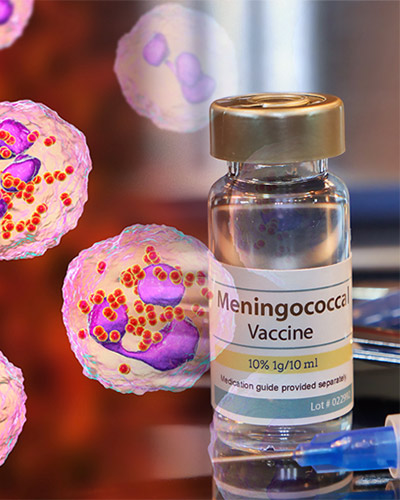
Thursday, March 24, 2022
UM School of Medicine Leads Research to Assess Meningococcal Vaccine for Infants and Young Children in Africa
Researchers at the University of Maryland School of Medicine (UMSOM)’s Center for Vaccine Development & Global Health (CVD) are leading a study to evaluate the use of a pentavalent – or five in one – meningococcal conjugate vaccine (NmCV-5) among infants and young children in the meningitis belt of sub-Saharan Africa. This is the final and pivotal study for World Health Organization (WHO) prequalification of this vaccine, which is the last stage to make the vaccine available for low- and middle-income countries.
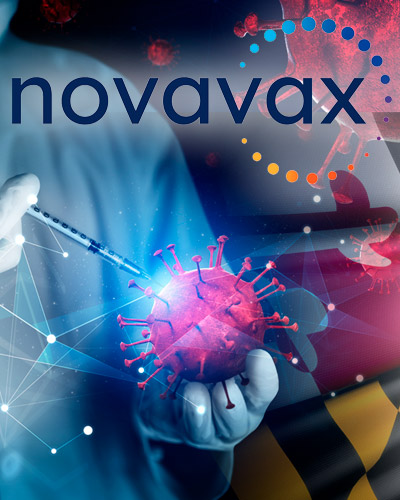
Thursday, December 16, 2021
Novavax COVID-19 Vaccine Found to be Safe and Effective in Phase 3 Trial Conducted by UM School of Medicine Researchers
An investigational COVID-19 vaccine made by Novavax was found to be 90 percent effective at preventing COVID-19 illness, according to results from a Phase 3 clinical trial published today in the New England Journal of Medicine. The University of Maryland School of Medicine’s (UMSOM) Center for Vaccine Development and Global Health served as one of the trial sites, and Karen Kotloff, MD, Professor of Pediatrics at UMSOM, served as Co-Chair for the trial protocol.
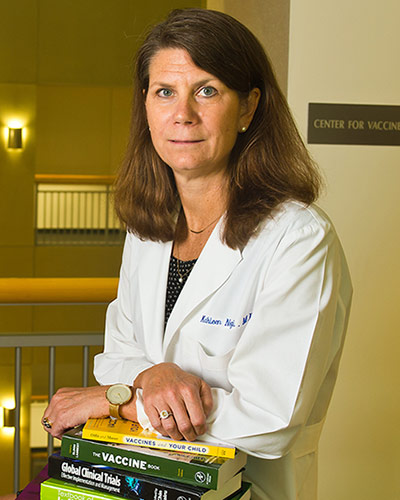
Thursday, July 02, 2020
UMSOM Researchers Help Weigh Role of Human Challenge Studies for COVID-19 Vaccine Development
Members of the National Institutes of Health’s (NIH) Accelerating COVID-19 Therapeutic Interventions and Vaccines (ACTIV) Working Group, which includes Kathleen Neuzil, MD, MPH, DTPH, the Myron M. Levine, MD, DTPH Professor in Vaccinology and Director of the Center for Vaccine Development and Global Health (CVD) at the University of Maryland School of Medicine (UMSOM), assessed the practical considerations and prerequisites for using controlled human infection models (CHIMs) to support development of a SARS-CoV-2 Vaccine.
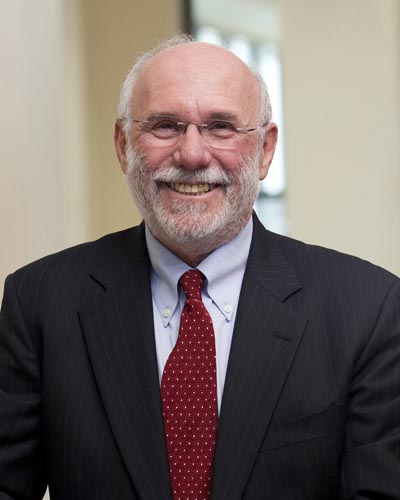
Thursday, January 09, 2020
UM School of Medicine Research Shows Less Severe Cases of Diarrheal Illness can Still Lead to Child Deaths, Even Weeks Following Onset of the Illness
Diarrheal diseases are a leading cause of death for young children, accounting for nine percent of all deaths worldwide in children under five years of age, with most occurring in children under two years of age. Now, researchers at the University of Maryland School of Medicine (UMSOM) found that even milder cases of diarrheal diseases can lead to death in young children.

Friday, September 20, 2019
UM School of Medicine's Center for Vaccine Development and Global Health Receives NIH Contract of up to More than $200 Million for Influenza Research
Kathleen Neuzil, MD, MPH, Professor of Medicine and Pediatrics and Director of the Center for Vaccine Development and Global Health (CVD) at the University of Maryland School of Medicine (UMSOM) and Dean E. Albert Reece, MD, PhD, MBA, announced that CVD has been awarded a contract from the National Institute of Allergy and Infectious Diseases (NIAID), with total funding up to more than $200 million over seven years if all contract options are exercised.
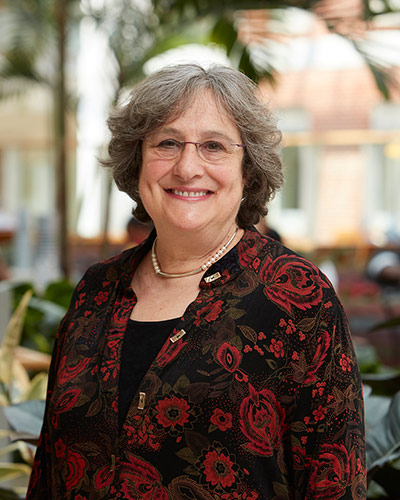
Monday, May 06, 2019
UM School of Medicine's Dr. Karen Kotloff Receives 2019 Alumni Achievement Award from Temple University
Karen Kotloff, MD, Professor of Pediatrics at the University of Maryland School of Medicine (UMSOM), has received the 2019 Alumni Achievement Award from the Lewis Katz School of Medicine at Temple University.
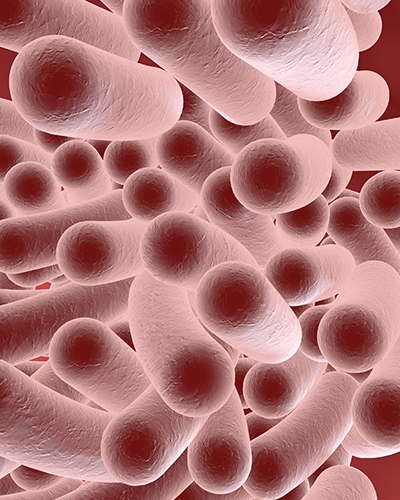
Friday, March 08, 2019
UMSOM Researchers Unveil Progress and Challenges in Introducing Typhoid Conjugate Vaccine in Sub-Saharan Africa and Asia
Each year there are nearly 11 million cases of typhoid, a disease that is spread through contaminated food, drink and water. Researchers at the University of Maryland School of Medicine are leading an international consortium that is studying the impact of a typhoid conjugate vaccine (TCV) in an effort to accelerate introduction of the vaccine in countries in sub-Saharan Africa and Asia where there is a high burden of typhoid.
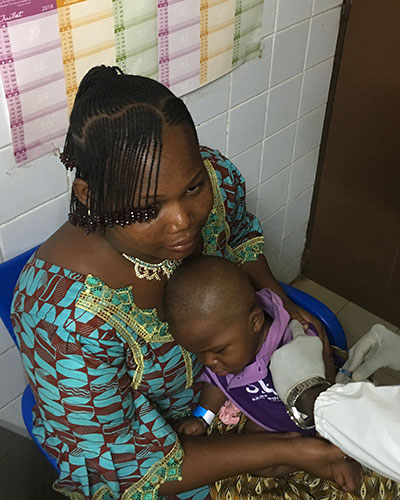
Monday, December 03, 2018
UMSOM and Groupe De Recherche Action En Sante Begin Second Typhoid Conjugate Vaccine Study in Africa
A new study has been launched in Burkina Faso for Bharat Biotech’s typhoid conjugate vaccine (TCV). It is the second clinical study underway in Africa for the vaccine and the first in West Africa. The vaccine study is a joint effort by the Center for Vaccine Development and Global Health (CVD) at the University of Maryland School of Medicine, (UMSOM) and Groupe de Recherche Action en Santé (GRAS) in Burkina Faso.
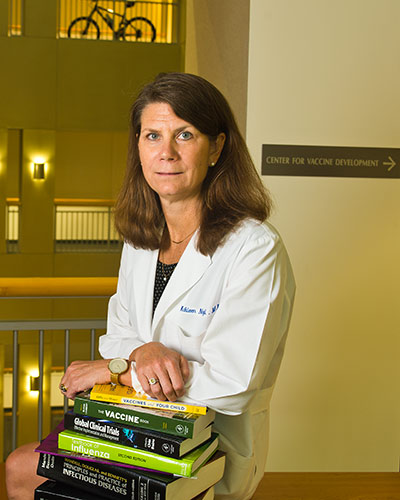
Friday, November 02, 2018
UMSOM Global Health Expert Named to Prestigious World Health Organization Immunization Panel
Kathleen Neuzil, MD, MPH, Professor of Medicine and Pediatrics and Director of the Center for Vaccine Development and Global Health (CVD) at the University of Maryland School of Medicine (UMSOM), has been named to the World Health Organization’s (WHO) Strategic Advisory Group of Experts (SAGE) on Immunization.

Monday, October 15, 2018
University of Maryland School of Medicine Scientists Receive Prestigious UMB Founders Week Awards
Several experts at the UMSOM received prestigious awards commemorating the UMB 2018 Founders Week. Among them, Karen Kotloff, MD, Professor of Pediatrics, was named "Researcher of the Year" for her extensive work in infectious diseases in the U.S. and developing countries. The MARS team – Steven I. Hanish, MD, Visiting Associate Professor of Surgery, Thomas M. Scalea, MD, FACS, FCCM, The Honorable Francis X. Kelly Distinguished Professor in Trauma Surgery, and Deborah Stein, MD, MPH, FACS, FCCM, The R Adams Cowley, MD Professor in Shock and Trauma– were named "Entrepreneurs of the Year" for their liver dialysis device called the Molecular Absorbent Recirculating System (MARS).
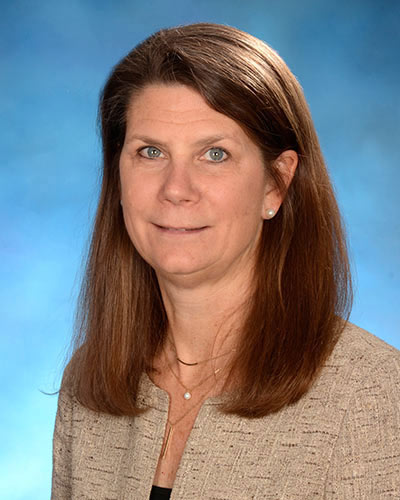
Monday, April 23, 2018
UM School of Medicine Launches Newly Organized Center for Vaccine Development and Global Health Under Leadership of International Vaccine Expert Dr. Kathleen Neuzil
University of Maryland School of Medicine (UMSOM) Dean E. Albert Reece, MD, PhD, MBA, announced today the launch of a newly organized Center for Vaccine Development and Global Health (CVD). The new Center will be led by UMSOM Professor of Medicine and Pediatrics, Kathleen Neuzil, MD MPH, FIDSA, one of the world’s most influential research scientists and advocates in vaccine development and policy.
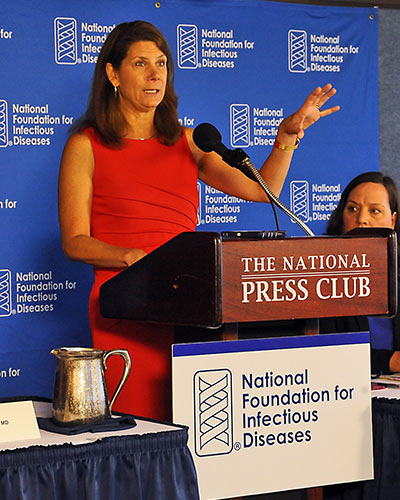
Thursday, September 28, 2017
UM SOM Vaccine Expert Warns of Risks of Influenza to Older Populations
“Protect yourself and others by getting the flu shot” was the message from Kathleen Neuzil, MD, MPH, FIDSA, Director of the Center for Vaccine Development (CVD) at the University of Maryland School of Medicine (UM SOM). Dr. Neuzil was among the speakers at a press conference hosted by the National Foundation for Infectious Diseases. U.S. Secretary of Health and Human Services, Thomas E Price, MD, also spoke at the press conference and urged people to get their flu shot. The panel members all received their flu shots following the press conference.
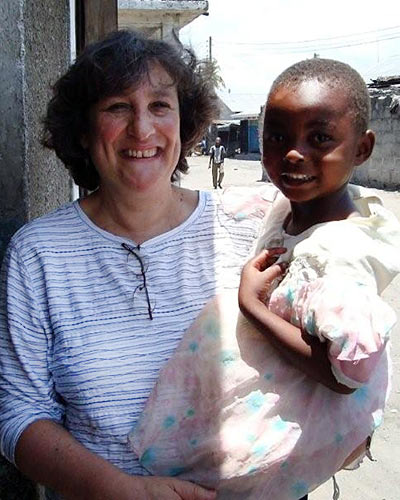
Monday, September 11, 2017
Research Identifies Causes and Possible Treatments for Deadly Diseases Affecting Children in Developing Countries
University of Maryland School of Medicine Researchers Explore How to Prevent Diarrheal Diseases, a Leading Cause of Death in Young Children in Sub-Saharan Africa and South Asia

Monday, May 15, 2017
U.S. CDC Recommends Use of Cholera Vaccine Developed by University of Maryland School of Medicine
A cholera vaccine developed by scientists at the University of Maryland School of Medicine’s Center for Vaccine Development (CVD) has been recommended by the U.S. Centers for Disease Control and Prevention (CDC) for use as a protection for U.S. adults traveling to areas with cholera. The CDC’s latest recommendation was published on May 11, in Morbidity and Mortality Weekly Report.
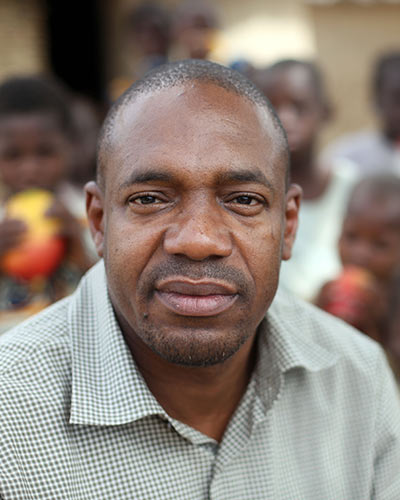
Wednesday, May 03, 2017
University of Maryland School of Medicine Adjunct Professor Named Minister of Health for Mali
Samba Sow, MD, MSc, Director General of the Center for Vaccine Development in Mali (CVD-Mali), and Adjunct Professor of Medicine at the University of Maryland School of Medicine (UM SOM), has been named the Minister of Health for Mali.
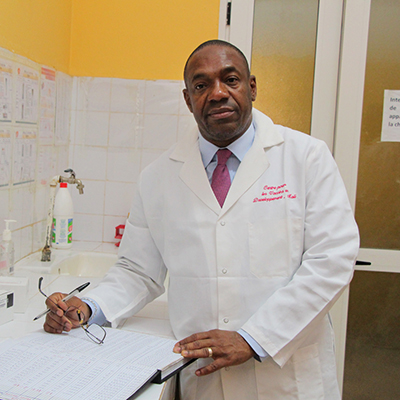
Thursday, March 16, 2017
University of Maryland School of Medicine Researcher Receives French Legion of Honor for His Work Fighting Ebola in Mali
Samba Sow, MD, MSc, Director General of the Center for Vaccine Development in Mali (CVD-Mali), and Adjunct Professor of Medicine at the University of Maryland School of Medicine (UM SOM), has been decorated as a Knight of the Legion of Honor from the French government.
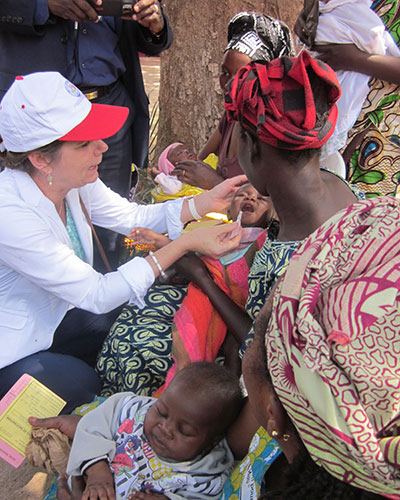
Thursday, November 10, 2016
International Consortium Receives $36.9 Million Grant to Fight Typhoid
Typhoid fever, a bacterial infection that causes high fever and other disabling symptoms, remains a serious global problem in the developing world: it kills almost a quarter of a million people annually, and infects about 21 million.
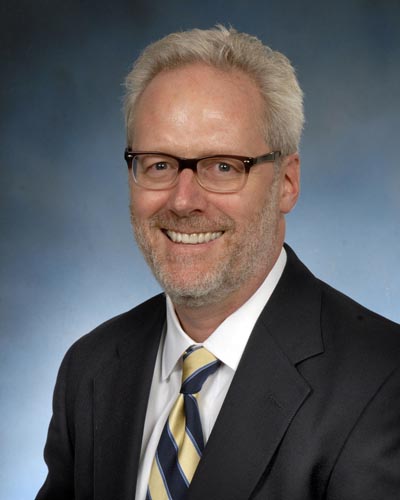
Thursday, September 22, 2016
University of Maryland School of Medicine Holds Inaugural Global Health Summit
The Institute for Global Health (IGH) at the University of Maryland School of Medicine (UM SOM) will hold its first Global Health Summit on September 26. The event, which will take place from noon to 6 p.m. in the SMC Campus Center at 621 W. Lombard Street, will seek to foster collaboration among scientists and promote new and innovative global health research at UM SOM, as well as at other schools at the University of Maryland, Baltimore (UMB). Faculty and staff from UM SOM, as well as other schools are welcome at the event.
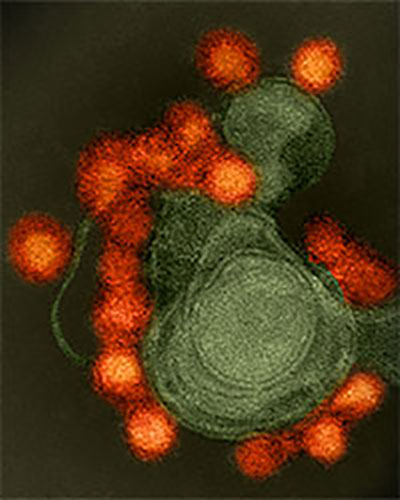
Thursday, August 04, 2016
UM SOM is Center Stage in Testing National Institutes of Health Zika Vaccine
UM SOM'S Center for Vaccine Development, tapped previously for Ebola vaccine, now steps up to help develop first Zika vaccine.
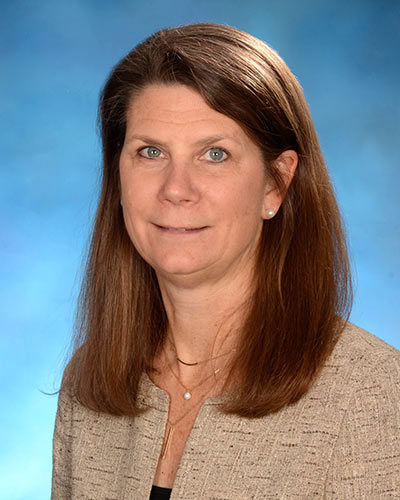
Tuesday, April 12, 2016
UM SOM Researcher Dr. Kathleen Neuzil Honored by Vanderbilt University School of Medicine
The Vanderbilt University School of Medicine (VUSM) has announced that Kathleen Neuzil, MD, MPH, director of the Center for Vaccine Development at the University of Maryland School of Medicine (UM SOM), has received the 2016 Vanderbilt University School of Medicine Distinguished Alumni Award.
